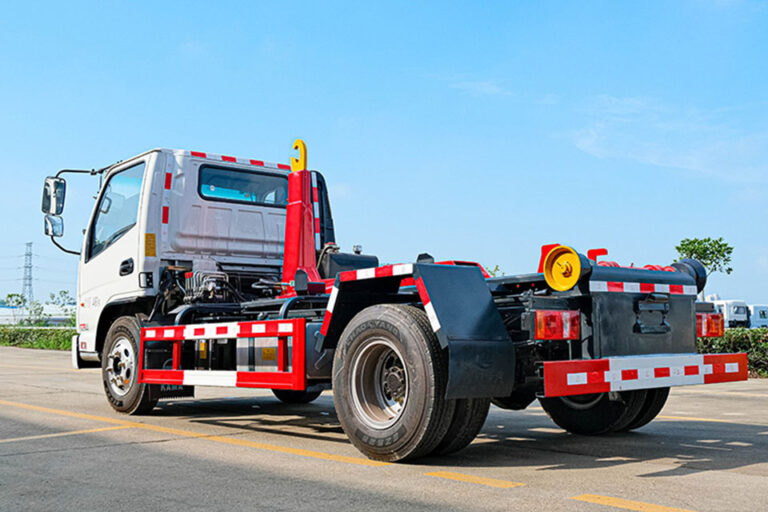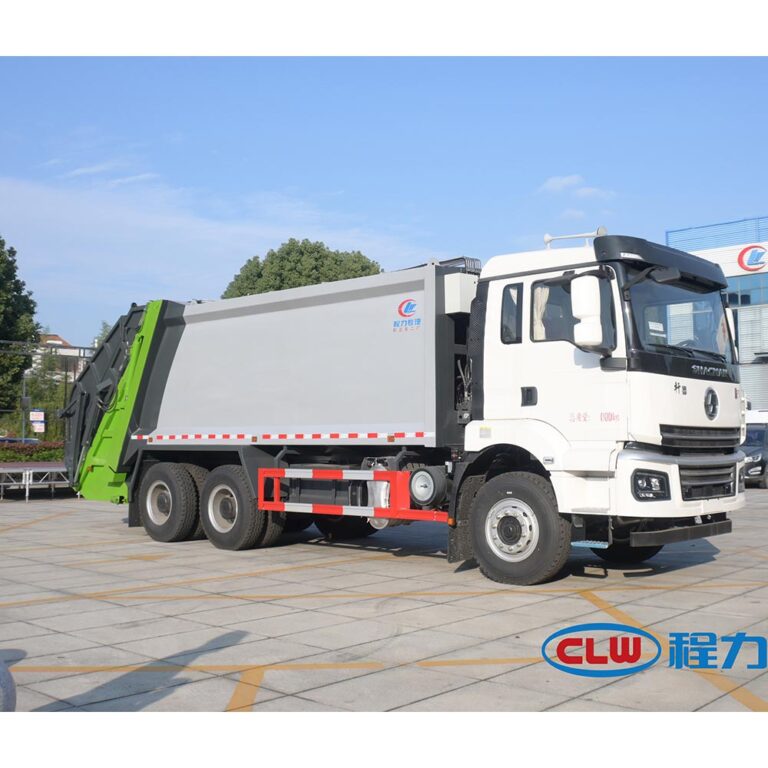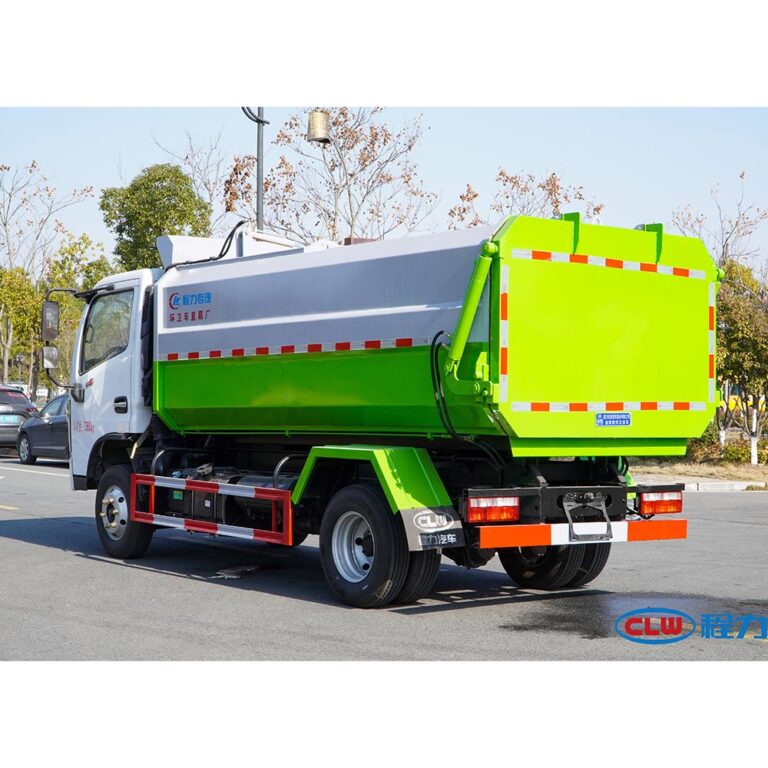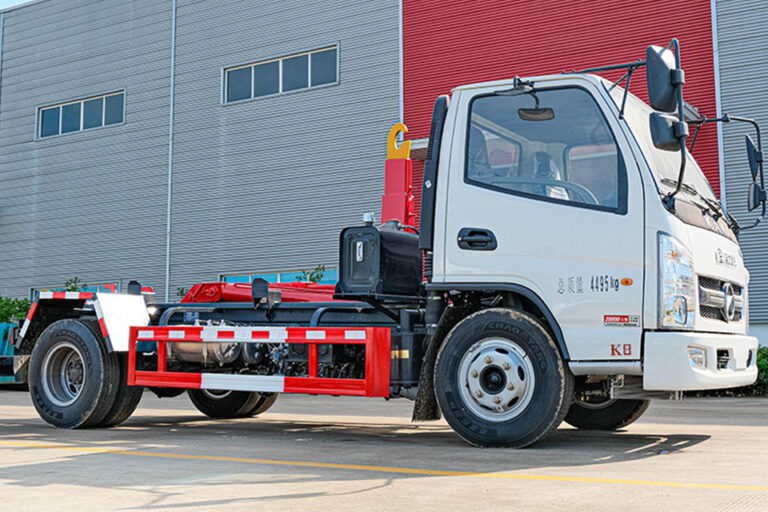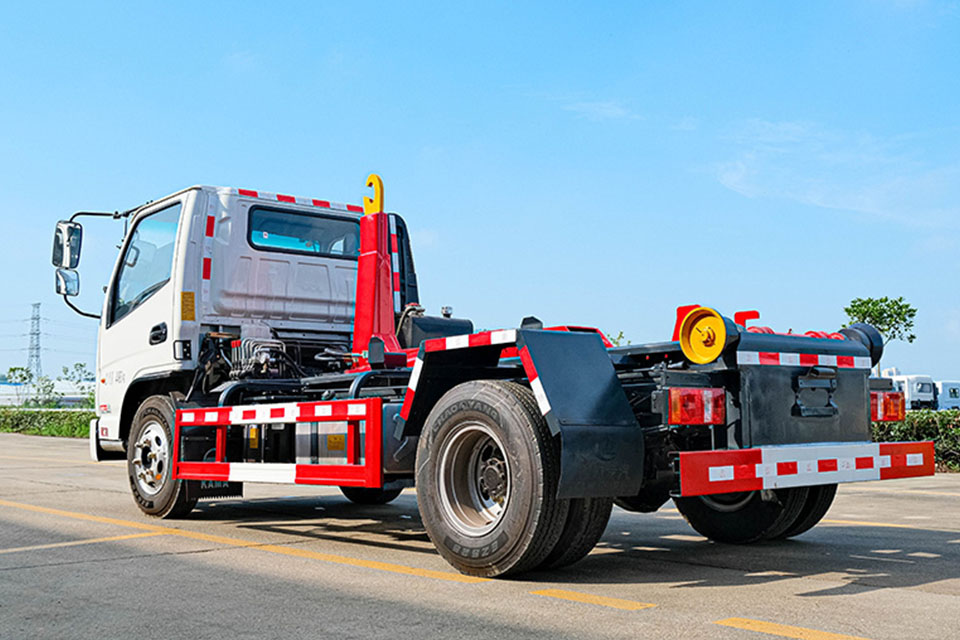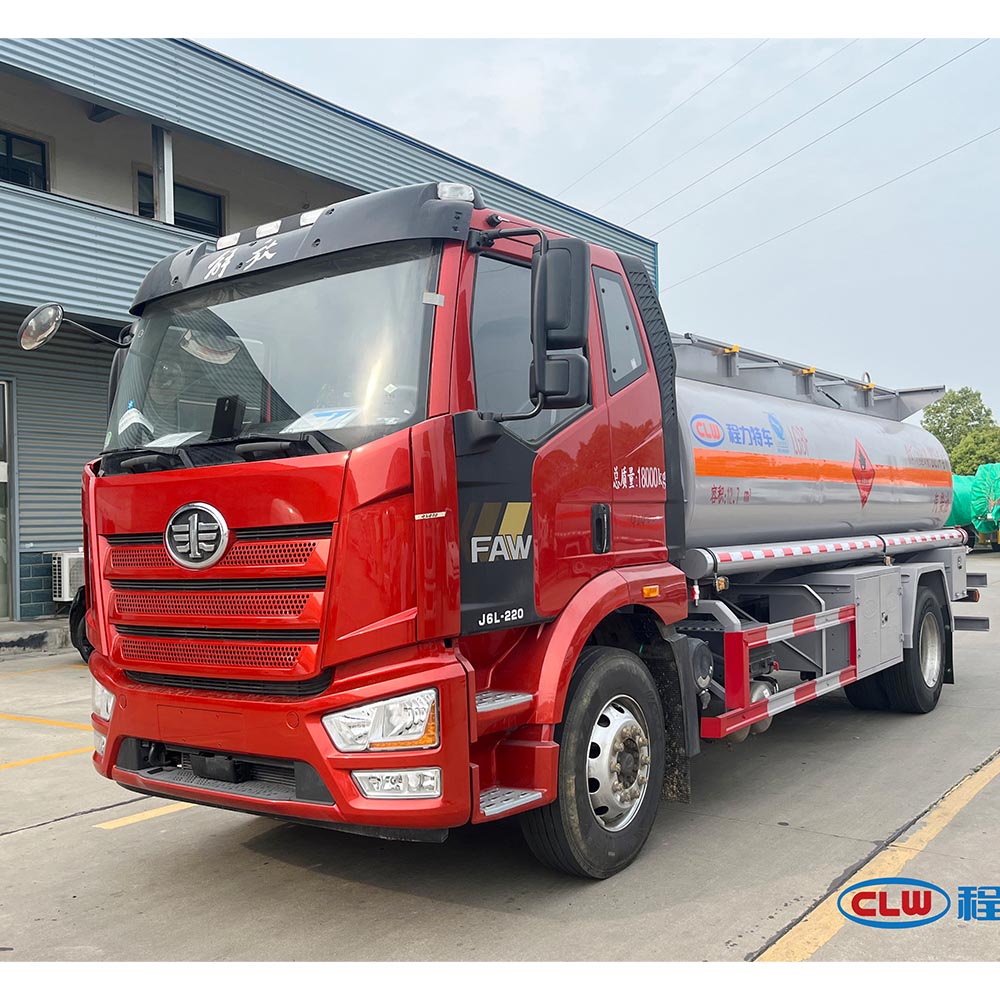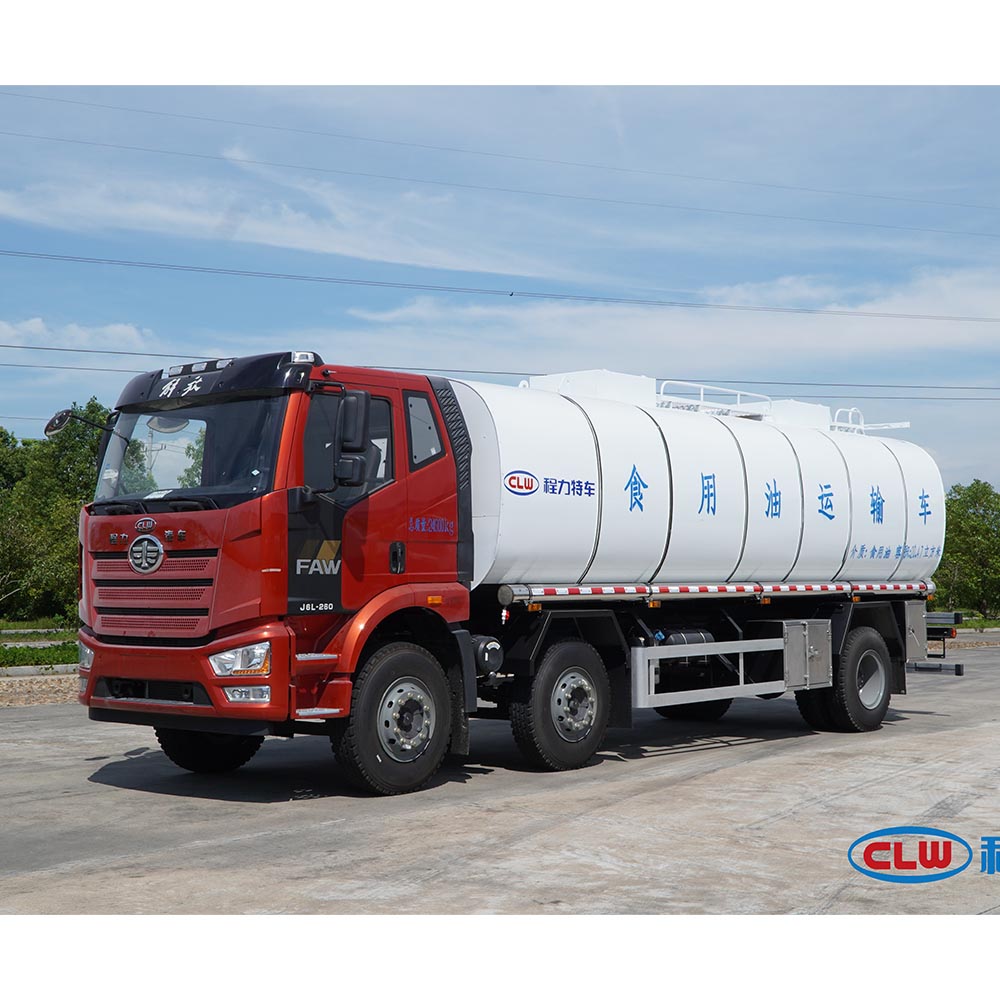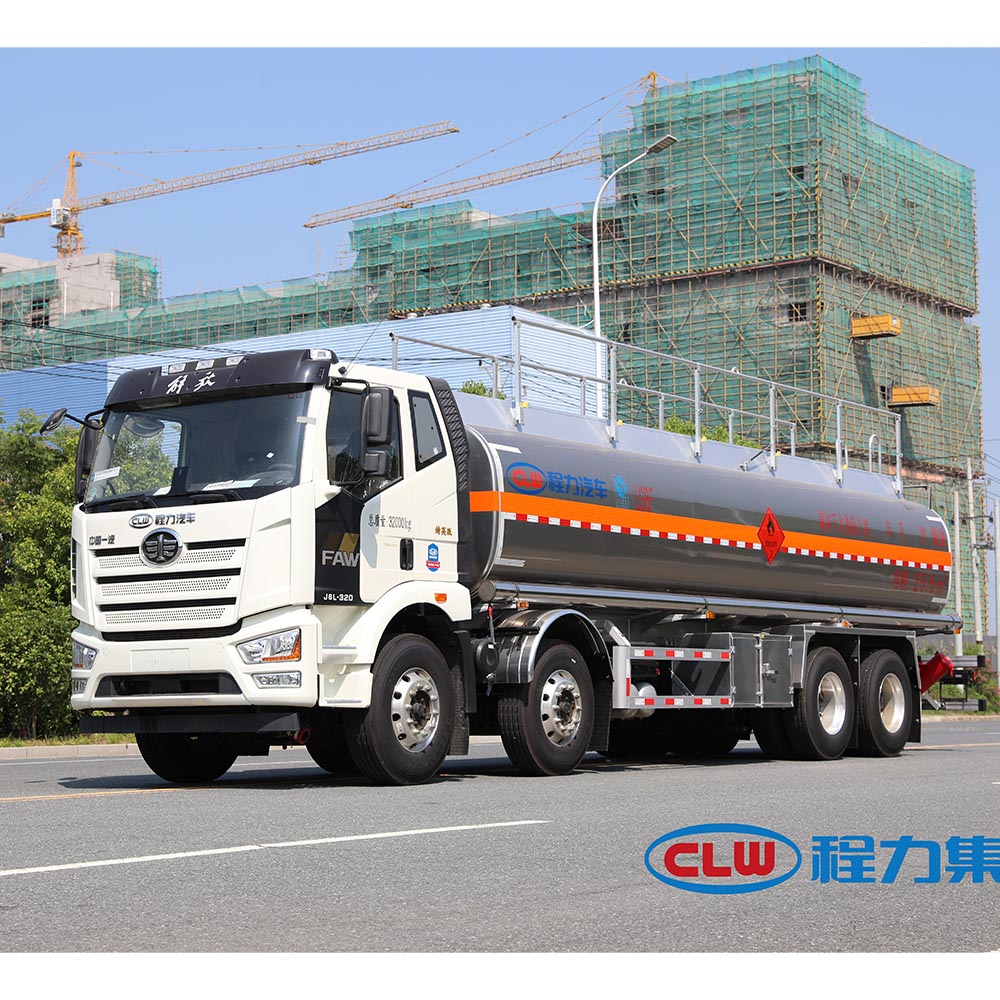-
Chengli Automobile Industrial Park
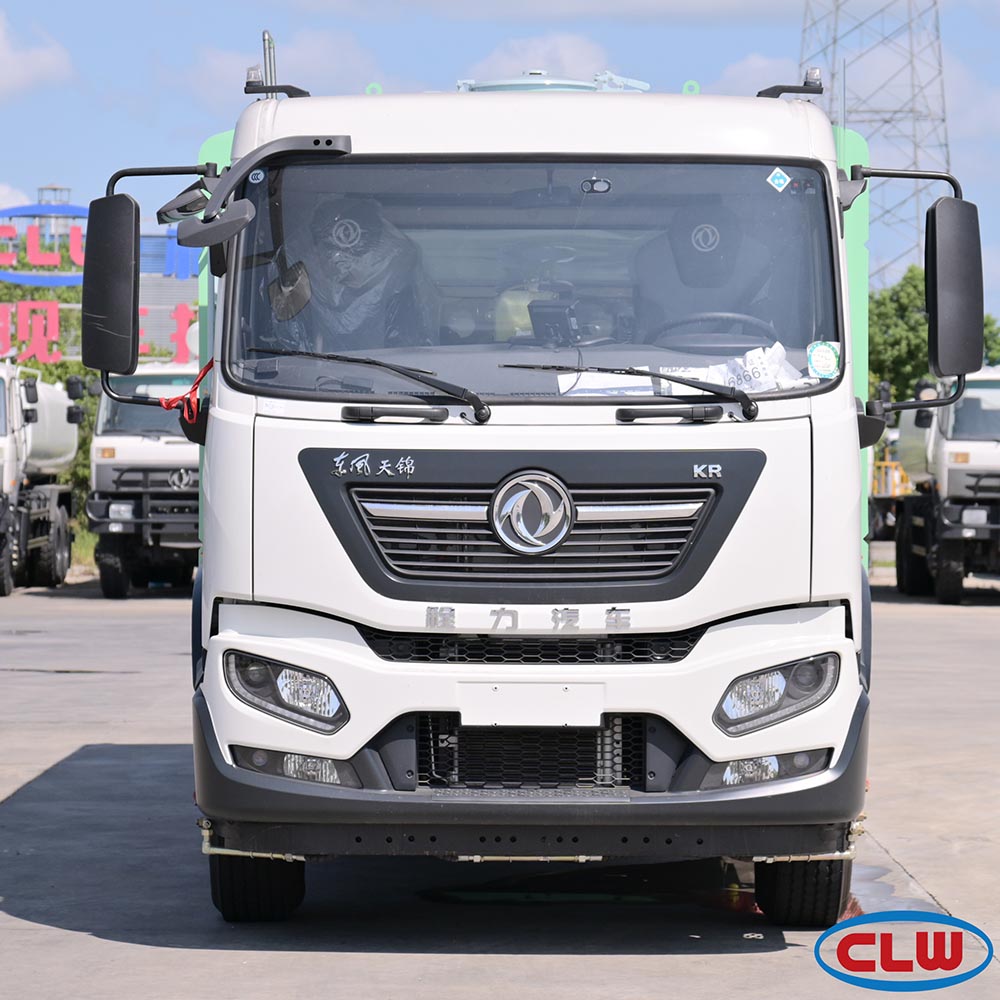
dump tipper truck 10 wheel
Choosing the Right Dump Truck for Your Needs
This article provides a comprehensive overview of dump trucks, focusing on their features, applications, and how to choose the best one for your specific needs. Whether you’re in municipal waste management, construction, or another industry requiring heavy-duty hauling, understanding the nuances of dump truck selection is crucial for maximizing efficiency and ROI. We’ll cover everything from capacity and axle configuration to manufacturer options and maintenance. As a manufacturing plant specializing in garbage trucks, we leverage our expertise to provide you with valuable insights. We provide high-quality waste management solutions to an array of clients, including Municipal Waste Management Departments, City Sanitation Departments, Private Waste Collection Companies, and many more.
Table of Contents
1. What is a Dump Truck and Why is it Essential?
A dump truck, also known as a tipper truck or dumper truck, is a heavy-duty truck used for transporting loose materials such as sand, gravel, dirt, and demolition waste. These trucks are characterized by an open-box bed, hinged at the rear, and equipped with hydraulic rams to lift the front, allowing the material to be deposited (“dumped”) on the ground.
Dump trucks are essential in numerous industries due to their ability to efficiently haul large quantities of material. They significantly increase productivity on construction sites, in mining operations, and in waste management. Their robust design and powerful engines allow them to handle heavy loads and operate in challenging terrains. Our manufacturing focus ensures these vehicles are built to withstand the rigors of daily use in demanding environments.
2. What are the Different Types of Dump Trucks Available?
Trucks come in various shapes and sizes, each designed for specific tasks. Standard dump trucks are the most common, featuring a chassis with a mounted dump body. Articulated dump trucks have a pivoting joint, providing greater maneuverability on rough terrain. Transfer dump trucks pull a separate trailer, increasing the overall capacity. Side dump trucks allow for material to be dumped to the side, offering flexibility in confined spaces.
Other specialized types include off-road dump trucks, designed for extreme heavy-duty applications in mining and quarrying, and truck and pup combinations, which consist of a standard dump truck pulling a dump trailer. Choosing the right type depends on the specific needs of your job site and the type of material you’ll be transporting. For example, a Chengliwei Compressed Garbage Truck is designed specifically for waste management, offering efficient compaction and transport.
3. How Do I Choose the Right Dump Truck Capacity?
Selecting the correct truck load capacity is critical for efficiency and safety. Capacity is typically measured in cubic meters or tons. Consider the density of the materials you’ll be hauling and the volume you need to transport per trip. A truck with too small a capacity will require multiple trips, reducing efficiency, while a truck with excessive capacity may be underutilized and less fuel-efficient.
Dump trucks are ideal for moving large quantities of materials, with tonnage capabilities ranging from a few tons to over 30 tons. For example, a mining dump truck might have a capacity of 40 cubic meters or more, while a smaller 6 wheeler might have a capacity of 5-10 cubic meters. The truck must safely handle load size.
4. What Axle Configuration is Best for My Needs (6×4, 10 Wheeler, etc.)?
The axle configuration of a dump truck impacts its load-carrying capacity, maneuverability, and weight distribution. A 6×4 configuration (six wheels, four of which are driven) is common for standard dump trucks and offers a good balance of capacity and maneuverability. A 10 wheeler (ten wheels) provides increased capacity and stability, suitable for heavier loads.
Trucks are designed to optimize weight distribution and ensure safe operation. More axles generally mean a higher load capacity but can also affect the truck’s turning radius and fuel efficiency. Consider local weight regulations and the terrain of your typical operating environment. A tri-axle or quad-axle configuration might be necessary for very heavy loads or challenging off-road conditions.
5. Howo vs. Other Brands: Which Dump Truck Manufacturer Should I Choose?
Several reputable manufacturers produce high-quality dump trucks, including Howo (Sinotruk), Shacman, and others. Howo dump trucks are known for their robust construction, powerful engines (e.g., 371hp, 380), and competitive pricing. Sinotruk Howo offers a range of models, including the Howo 6×4, suitable for various applications.
Shacman trucks are also popular, offering durability and reliable performance. When choosing a manufacturer, consider factors like parts availability, service network, warranty, and overall reputation. Reading reviews and comparing specifications can help you make an informed decision. As a manufacturer, we often compare our designs to leading brands like Howo and Shacman to benchmark quality and performance.
For example, a 5m³ Compression Garbage Truck is similar in function, but our manufacturing process emphasizes long-term durability and ease of maintenance.
6. What are the Key Features to Look for in a Dump Truck?
Beyond capacity and axle configuration, several other features are crucial. The engine’s power (horsepower) should be sufficient for the intended loads and terrain. The cargo box material (steel, aluminum) affects durability and weight. The hydraulic system should be robust and reliable for efficient dumping.
Other features to consider include the transmission type (manual, automatic), braking system (air brakes, ABS), steering wheel configuration, cab comfort, and safety features. Consider if you will require any spare parts for the dump truck. Consider optional features like GPS tracking, onboard weighing systems, and automated tarp systems for added convenience and efficiency. A well-equipped truck enhances driver comfort and productivity, leading to better overall performance.
7. How Do I Maintain My Dump Truck for Optimal Performance?
Regular maintenance is essential to keep your dump truck in top condition and extend its lifespan. This includes routine inspections, oil changes, filter replacements, tire rotations, and lubrication of moving parts. The hydraulic system requires particular attention, with regular checks for leaks and fluid level maintenance.
Follow the manufacturer’s recommended maintenance schedule and address any issues promptly. Proper maintenance minimizes downtime, reduces repair costs, and ensures safe operation. We offer technical support and resources to help our clients maintain their fleet, emphasizing preventative maintenance to avoid costly repairs. Regular servicing, much like with our Chengliwei Cleaning and Suction Truck, ensures consistent performance and longevity.
8. What are the Common Applications of Dump Trucks Across Industries?
Dump trucks are commonly used in industries like construction and mining, waste management, landscaping, and agriculture. In construction, they haul materials like sand, gravel, and asphalt. In mining, they transport ore and overburden. Waste management companies use them to collect and transport refuse.
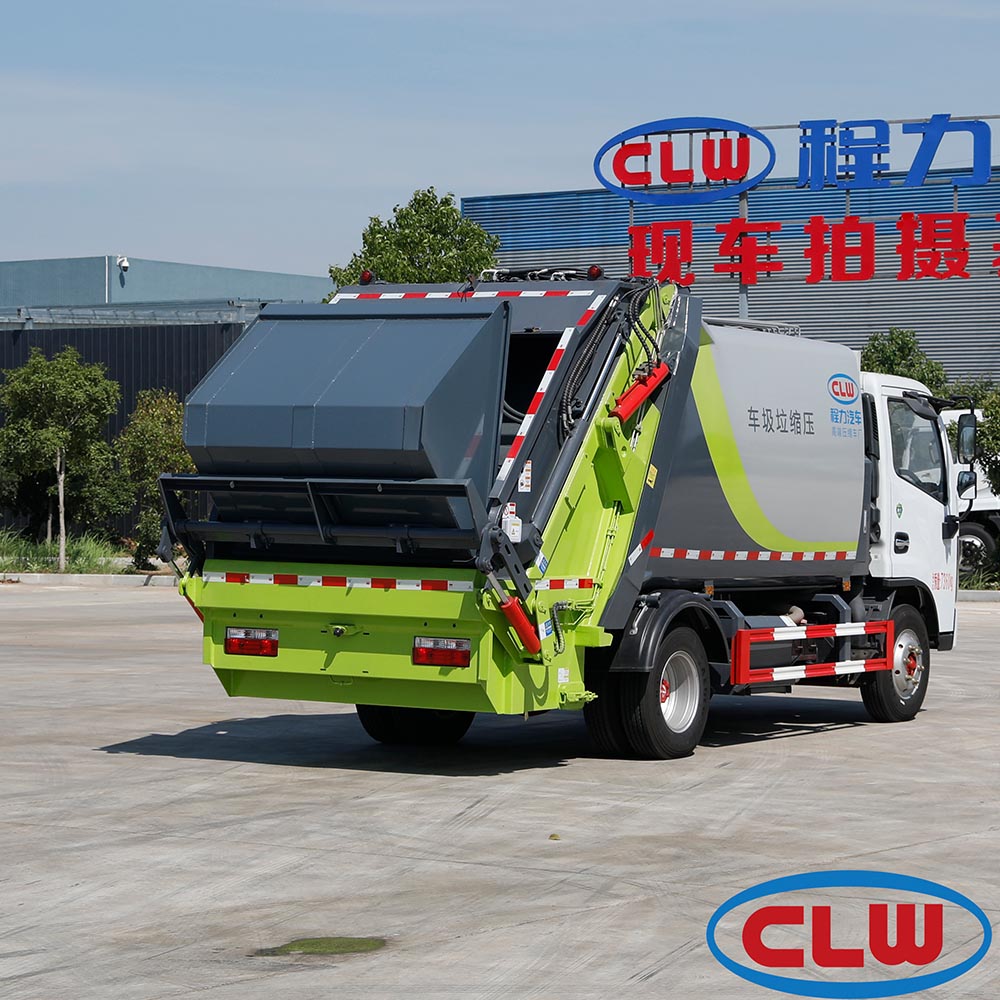
Landscapers used for deliveries soil, mulch, and other materials. Farmers use them to transport crops and other agricultural products. The versatility of dump trucks makes them indispensable in any industry requiring the movement of large quantities of loose materials.
The Chengliwei Compressed Garbage Truck is a prime example of a specialized application, tailored to the specific needs of waste collection.
For a client, we can adapt our model.
9. Dump Truck Price and Supplier Reliability?
The low price of a new dump truck can vary significantly depending on the size, features, manufacturer, and any customizations. It’s crucial to get quotes from multiple suppliers and compare not only the price but also the terms of sale, warranty, and after-sales service. Consider the total cost of ownership, including maintenance, fuel, and potential repairs.
Choosing a reputable supplier is as important as choosing the right truck. A reliable supplier will provide transparent pricing, quality products, and reliable support. They should be able to answer your questions, provide product description, and offer assistance with financing if needed. As a manufacturer, we pride ourselves on being a trusted supplier, offering direct sales and comprehensive support to our customers. We offer a good price.
10. Frequently Asked Questions (FAQs) About Dump Trucks
What is the typical lifespan of a dump truck?
With proper maintenance, a dump truck can last for 10-15 years or even longer, depending on usage and operating conditions. Regular servicing and timely repairs are key to maximizing lifespan.
What is the difference between a dump truck and a tipper truck?
There is no difference; “tipper truck” is simply another term for a dump truck, commonly used in some regions.
Can I customize a dump truck to my specific needs?
Yes, many manufacturers, including us, offer customization options. This can include choosing the body material, adding specific features, and tailoring the truck to your specific application.
What fuel efficiency can I expect from a dump truck?
Fuel efficiency varies greatly depending on the truck’s size, engine, load, and operating conditions. Modern dump trucks are designed to be more fuel-efficient than older models, but heavy loads and rough terrain will inevitably impact fuel consumption.
What are the driver licensing requirements for operating a dump truck?
Driver licensing requirements vary by location, but typically a commercial driver’s license (CDL) is required to operate a dump truck, especially those with a gross vehicle weight rating (GVWR) above a certain threshold.
Do you provide after-sales support and spare parts?
Yes, we offer extensive after-sales support, including maintenance guidance, technical assistance, and a readily available supply of spare parts to minimize downtime.
Summary
Here’s a summary of the most important points to remember when choosing and using a dump truck:
- Assess Your Needs: Determine the required capacity, axle configuration, and features based on your specific application and operating environment.
- Choose a Reputable Manufacturer and Supplier: Select a trusted brand like Howo or Shacman and a reliable supplier who offers quality products and support.
- Prioritize Maintenance: Regular maintenance is crucial for maximizing the lifespan and performance of your dump truck.
- Understand Regulations: Be aware of local weight restrictions, licensing requirements, and other regulations related to dump truck operation.
- Optimize for Efficiency: Choose a truck that is appropriately sized for your needs to maximize fuel efficiency and productivity.
- Contact us: Feel free to reach out to us directly for any specific inquiries or to discuss your dump truck needs.
We hope this comprehensive guide has provided you with valuable insights into the world of dump trucks. As a manufacturer, we are committed to providing high-quality, reliable, and efficient vehicles to meet the diverse needs of our customers. We invite you to explore our range of products, including specialized vehicles like the Pure Electric Garbage Truck, and contact us with any questions.

